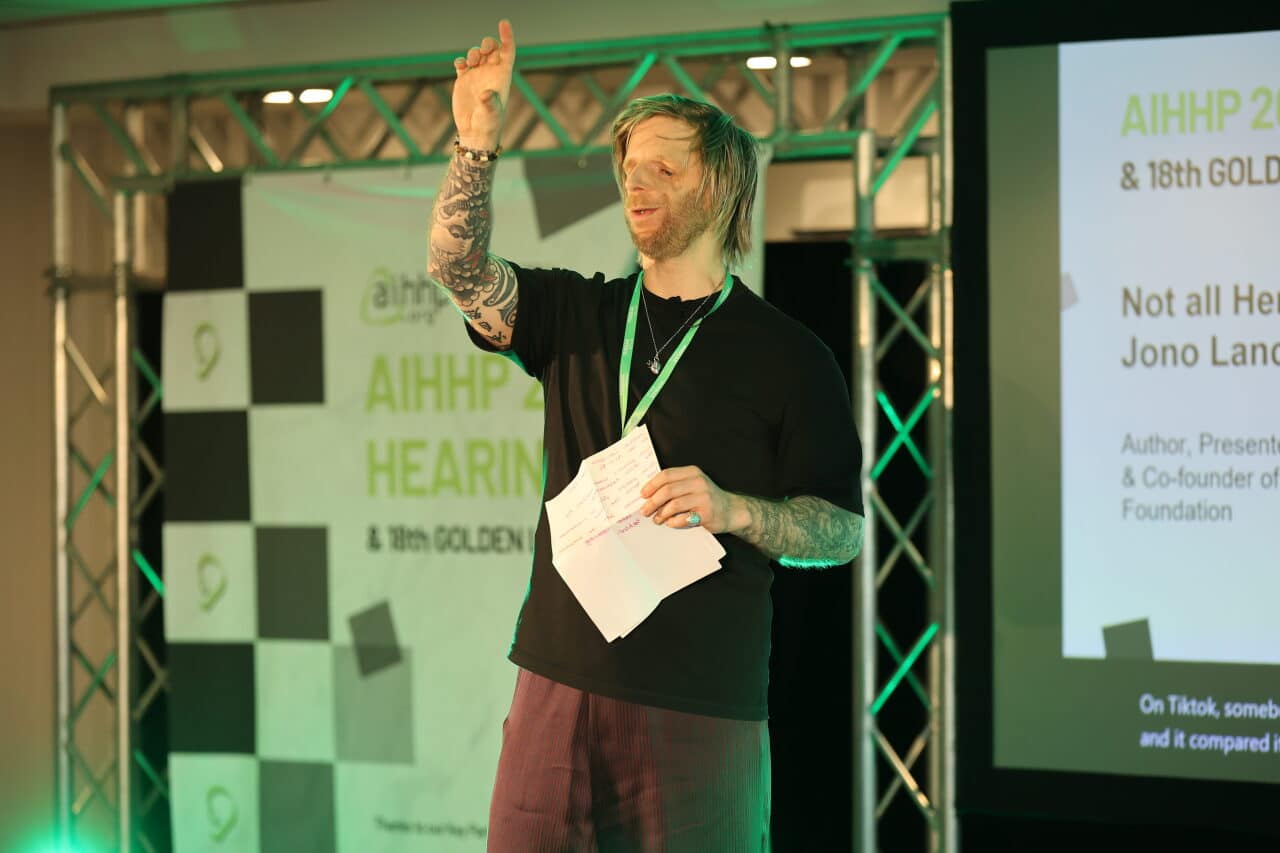New uni-initiated national registry will help find new hearing loss treatments
Hearing loss affects around 1.5 billion people worldwide - and is on the rise. One major cause is genetics, but there’s still a lot we don’t know about how inherited hearing loss develops or how to treat it. A new UK registry aims to help speed up progress.

Participants Sandra and Lukasz, with their daughter Phoebe.
Courtesy of UCLH
A new national registry - the first of its kind in the UK - has been created by experts at UCLH, Great Ormond Street Hospital (GOSH), and UCL. The HEDGE study (Hearing, Ear, Deafness and Genetics) will be managed by the NIHR UCLH Biomedical Research Centre, its aim to help researchers understand more about inherited hearing loss. It could bring about new treatments, say its founders.
Anyone - adult or child - who has a known genetic cause of hearing loss or a strong family history can sign up to take part. Participants will share details about their hearing, general health, hearing tests, scans, and genetic test results. Researchers will then look for links between symptoms (such as hearing loss, tinnitus, or dizziness) and genetic information. If relevant clinical trials open, patients in the registry may be invited to take part – giving them access to cutting-edge research on new treatments and technologies, including hearing devices, drugs, or gene therapies.
Prof. Nish...
This content is reserved for subscribers to Audiology Worldnews
Already subscribed Log in
 Sign in
Sign in

